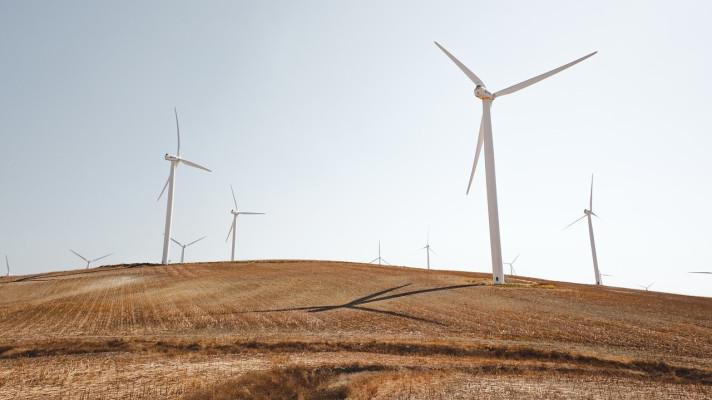Managing electricity demand could maximise wind power benefits
Controlling energy demand instead of supply could help solve the problems of variability associated with wind power, according to new research. In the case of Portugal, it was estimated that measures to reduce electricity demand could reduce peak consumption by 17.4 per cent in 2020.
The European Commission has set Europe the target of generating 20 per cent of energy from renewable sources1 by 2020. Portugal's target is 31 per cent and to achieve this it has planned to install additional renewable generation, mainly in the form of wind power. It aims to reach 5700 MW of wind-powered generation by 2012 and 8000 MW by 2020.
If this large scale share of wind power is to occur, there must also be measures to compensate for the variability and randomness of supply. For example, wind output varies between summer and winter, but variations also happen on an hourly basis. Much wind generation occurs when energy use is low, during the night, and is not necessarily high during peak load hours when the public is using the most electricity, during daytime working hours and early evening.
Traditionally researchers have looked into solving this problem by focusing on the supply side, such as energy storage options and connecting grids together to compensate for dips in electricity.
Demand management looks at the other side of the equation and tries to control the use of electricity. This can be either through changes in appliances, such as replacing inefficient fridges or incandescent lamps, or through measures that encourage reductions in electricity use at peak consumption times. For example, technologies that communicate to customers in real time the increasing price of energy at times of peak load, allowing them to manage their energy use and save money.
The study estimated electricity consumption throughout a workday in Portugal in January 2020 under two scenarios: firstly if business continued as usual, with a consumption increase of 3 per cent per year, and secondly, if measures were implemented to reduce demand by 1 per cent per year.
By estimating the impact of the individual demand-side measures, such as replacing fridges and light bulbs, it estimated that efficiency measures could reduce consumption at times of peak load in the day by 13 per cent in 2020. This impact would come at a cost of EUR0.0023 per KWh.
If measures that allow customers to control their usage were also considered, the reduction in peak load consumption was estimated to be 17.4 per cent in 2020.
The results indicated that if peak consumption is reduced by demand management then wind power has a much better chance of supplying the needs of the country. Wind power would then be more likely to contribute significantly to helping reach the targets that Portugal has set for the proportion of electricity produced from renewables.
Contact: pmoura@isr.uc.pt
